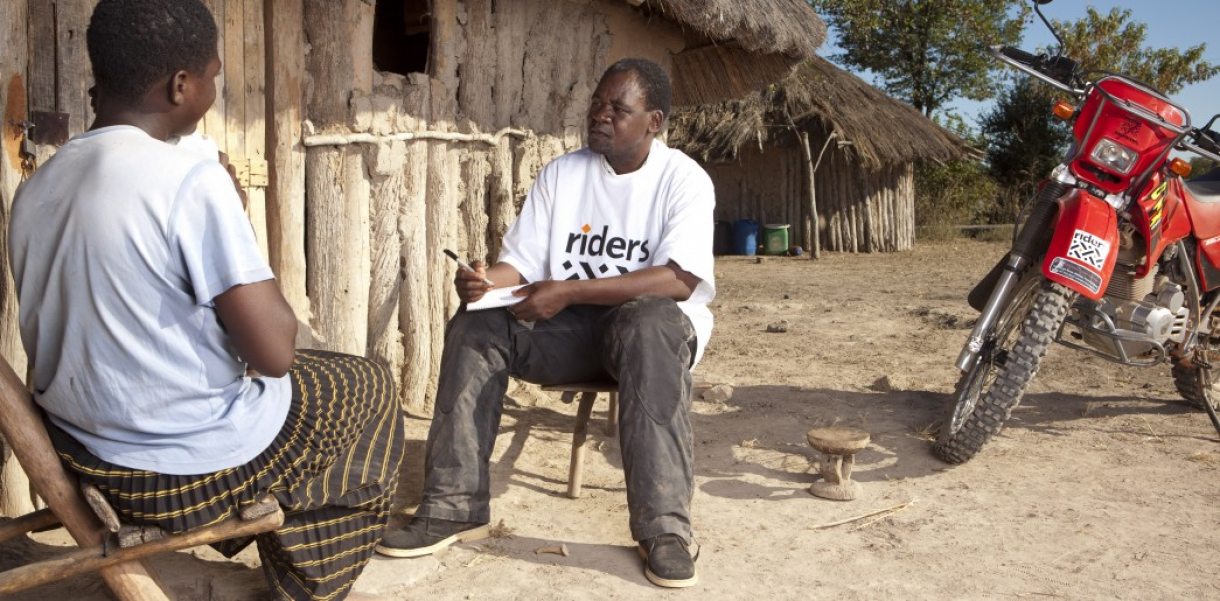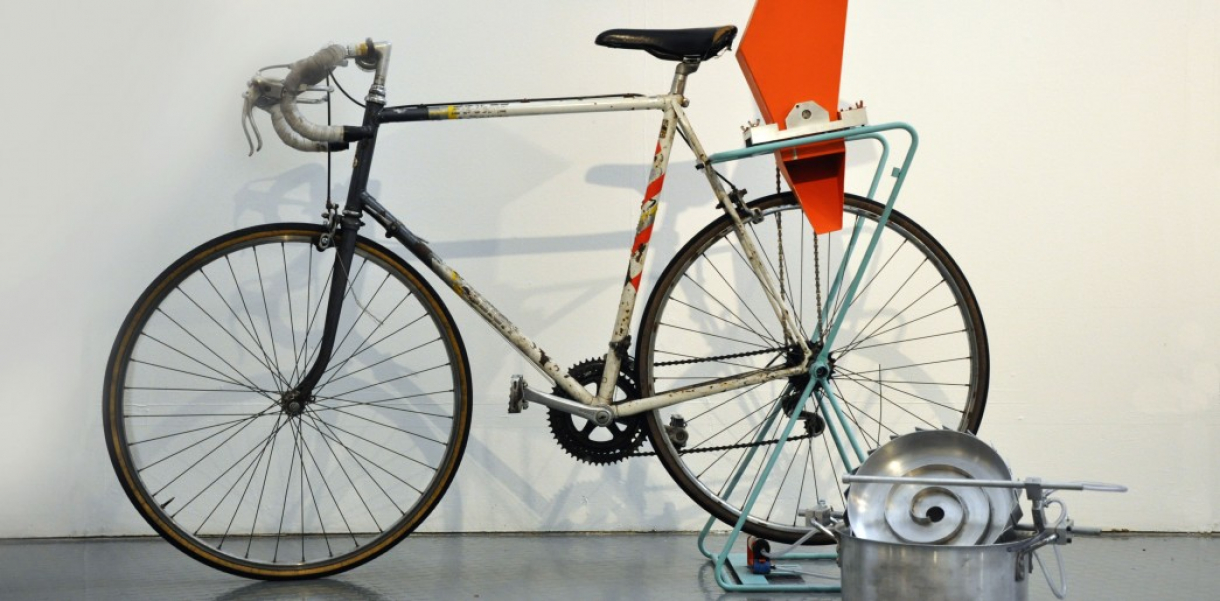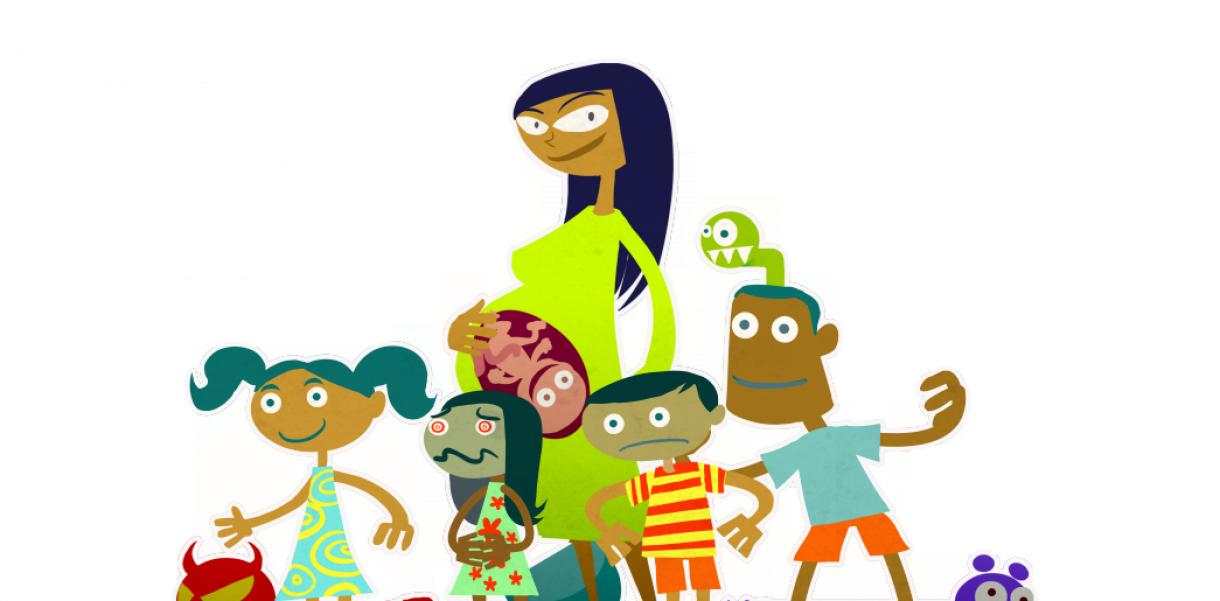In Gambia, nearly 1 in 10 children die before they reach their fifth birthday due, in large part, to preventable diseases like malaria. As with most sub-Saharan African countries, the road networks in Gambia are poor, thus attempting to deliver even the most basic healthcare is extremely difficult. Riders for Health is a program that has improved healthcare to 12 million people across sub-Saharan Africa through a fleet of motorcycles, ambulances and trekking vehicles that enables doctors to reach even the most rural areas.
Many diseases that we know how to cure or prevent remain widespread, simply because patients cannot receive treatment. The World Health Organization estimates that two thirds of the 34.2 million people living with HIV/AIDS are located in sub-Saharan Africa, with T.B. being the leading cause of deaths among patients in this area. Most of the time, the science, education and technology with the potential to prevent these deaths, are all in place; however their availability is stifled due to challenges with mobility. Without reliable transport, the vaccines, drugs, bed-nets, condoms and trained-professionals won't do any good if they can't get to where they are needed in time.
Riders for Health, a British-based organization founded by Barry and Andrea Coleman, provide a simple solution: a fleet of over 1,400 motorcycles, ambulances and other four-wheel vehicles. There's nothing new about donating vehicles for healthcare in Africa, but often these vehicles fall apart after 8 months and aren't suited to the context of sub-Saharan Africa, where most people live in rural areas that can only be reached by small dirt paths (at best). What makes Riders for Health so effective is that they charge a fixed price of 18 cents per km for motorcycles, which includes fuel. Riders for Health also focus on maintenance, so that the vehicles can be in constant use for years without breakdowns. The low and predictable prices allow government and aid groups to better incorporate maintenance in their budget planning.
The story of Tsepo Kotelo, a health assistant in remote mountain villages in Lesotho, is a perfect example of how motorcycle maintenance can be vital for Third World Health. Before Riders for Health intervened, Kotelo's only form of transport was by foot and, as a result, was only able to visit three villages a week. Once he received a motorcycle along with protective gear, was taught how to ride and how to maintain it through the PLANS management technique (Petrol, Lubrication, Adjustments, Nuts/Bolts, and Stopping), he was able to increase his patient coverage by nearly 600 percent!
Kotelo's colleagues also received motorcycles (along with countless doctors across 7 countries in sub-Saharan Africa), as did the couriers who drive blood and sputum samples; cutting down the turnaround time for test results in half. The couriers' plastic bags used for transporting these samples previously, were replaced with temperature-controlled, vibration-smoothing backpacks, preventing the samples from arriving late, boiled or shaken beyond use.
These simple, affordable and straightforward solutions improve access to healthcare and the potential to improve the lives of 12 million people. A mobilized outreach worker can see nearly 6 times more people and can double the time they spend in communities as they cut down travelling time. This means that not only can they monitor diseases more effectively, but also serve as a link to the nearest health facility when necessary.
The visible impact Riders for Health has had on healthcare in Africa, gives hope that dependable transport could do the same for those out of reach of water, education and energy.






